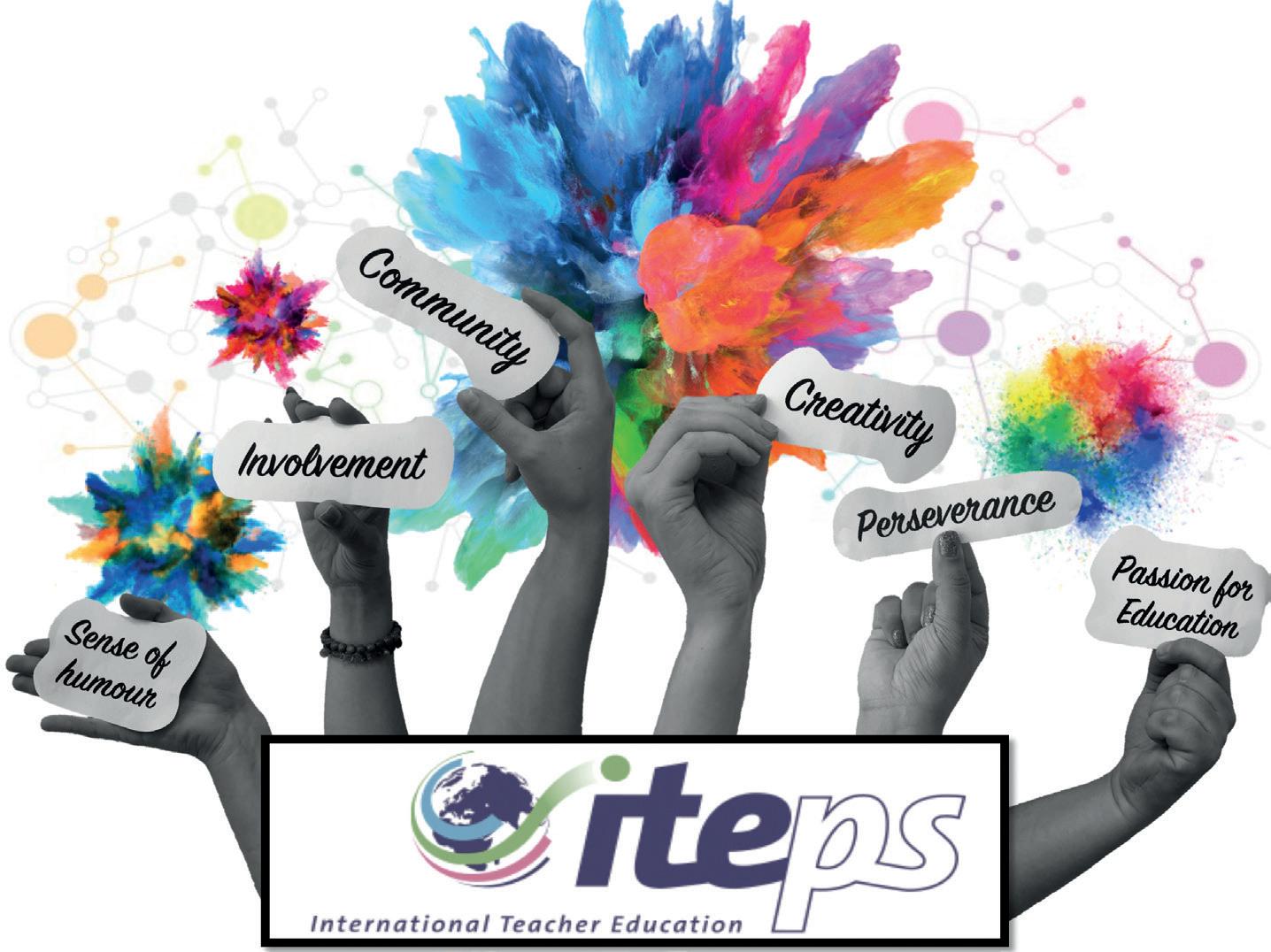Curriculum, learning and teaching
How can schools teach global competence? Christina Hinton shares five practices that promote students’ global competence How can our youth deal with contemporary global challenges, such as climate change, social divisions in diverse societies, and an internationally interdependent economy? To tackle these challenges, students need global competence, which PISA defines as the ability to examine global issues, understand and appreciate different perspectives, interact respectfully with others, and take action toward sustainability and collective well-being. The team I lead at Research Schools International (RSI) carried out a research study to investigate how schools can support students to develop global competence. We partnered with Round Square to collect data from teachers and students in their international network of schools, collecting data in 147 schools across 34 countries (Figure 1). We analyzed these data using quantitative and qualitative methods to identify learning activities that promote global competence. The study examined measurable PISA global competencies that comprise global competence. It included the following five PISA global competencies: adaptability,
global-mindedness, openness to diversity, perspective taking, and respect for other cultures, which are defined in OECD/ PISA (2018). In addition, it included the following 6 additional PISA global competencies: attitudes toward immigrants, awareness of global issues, awareness of intercultural communication, engagement (with others) regarding global issues, interest in learning about other cultures, and selfefficacy regarding global issues, which are based on a scales PISA provided for use in this study. Our analysis revealed five key learning activities that support global competence. These learning activities were statistically significantly related to multiple PISA global competencies. In addition, the majority of teachers and students rated them as ‘effective’ or ‘very effective’ at promoting global competence (Table 1). Further, participants shared accounts of how these activities nurtured global competence in schools around the world and provided insights into how to implement them effectively.
Figure 1: Teacher and student participants by geographical location Spring |
Autumn
20
| 2020

























